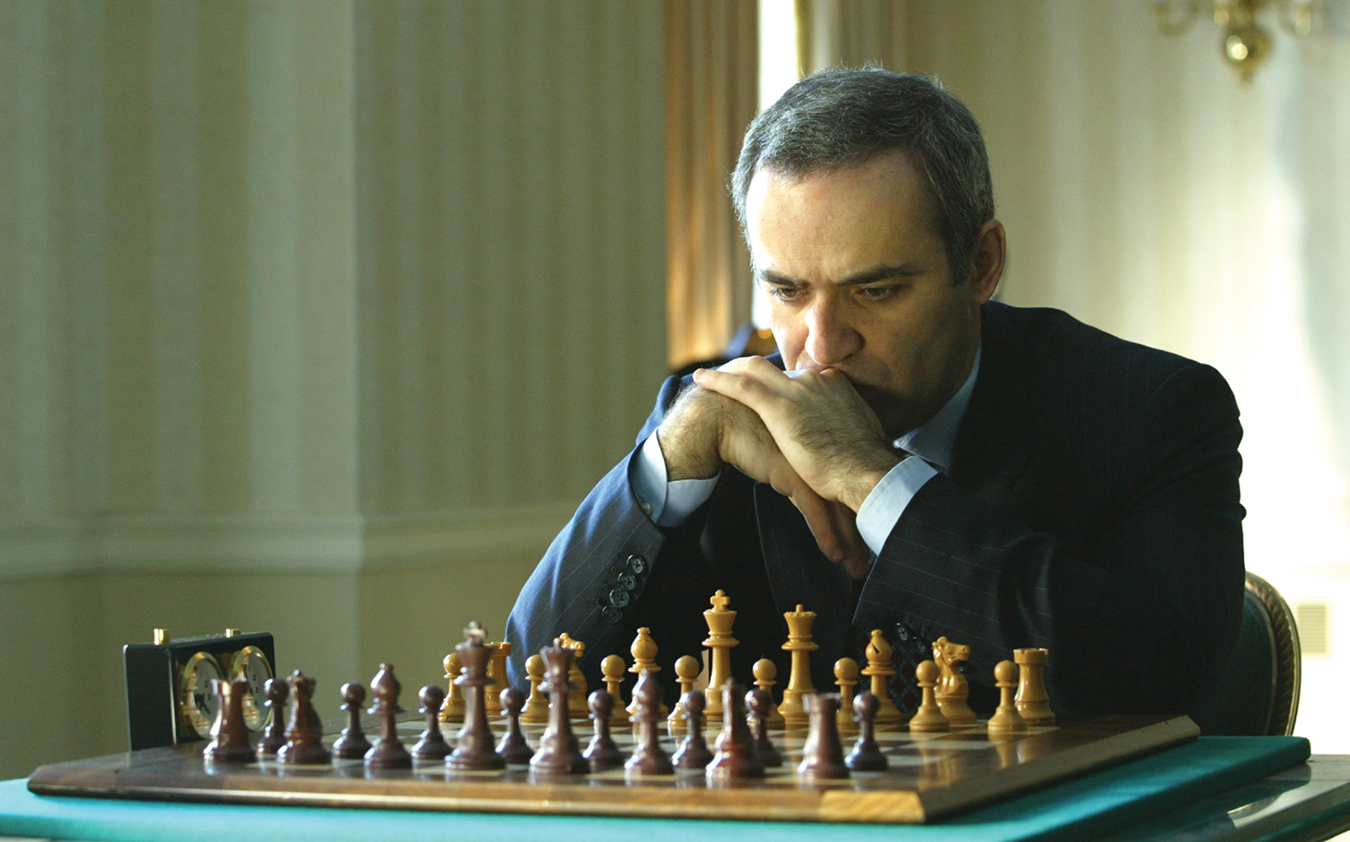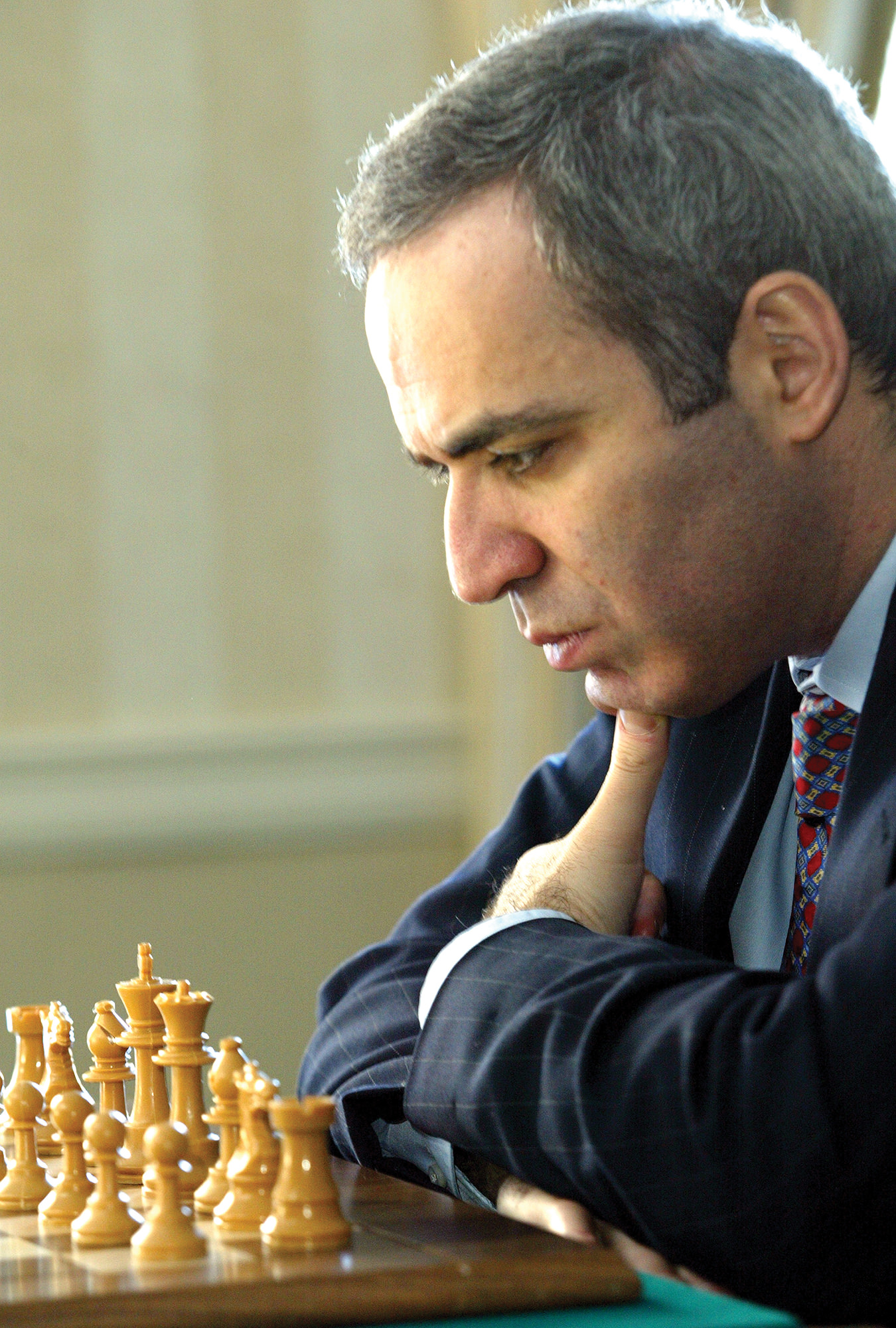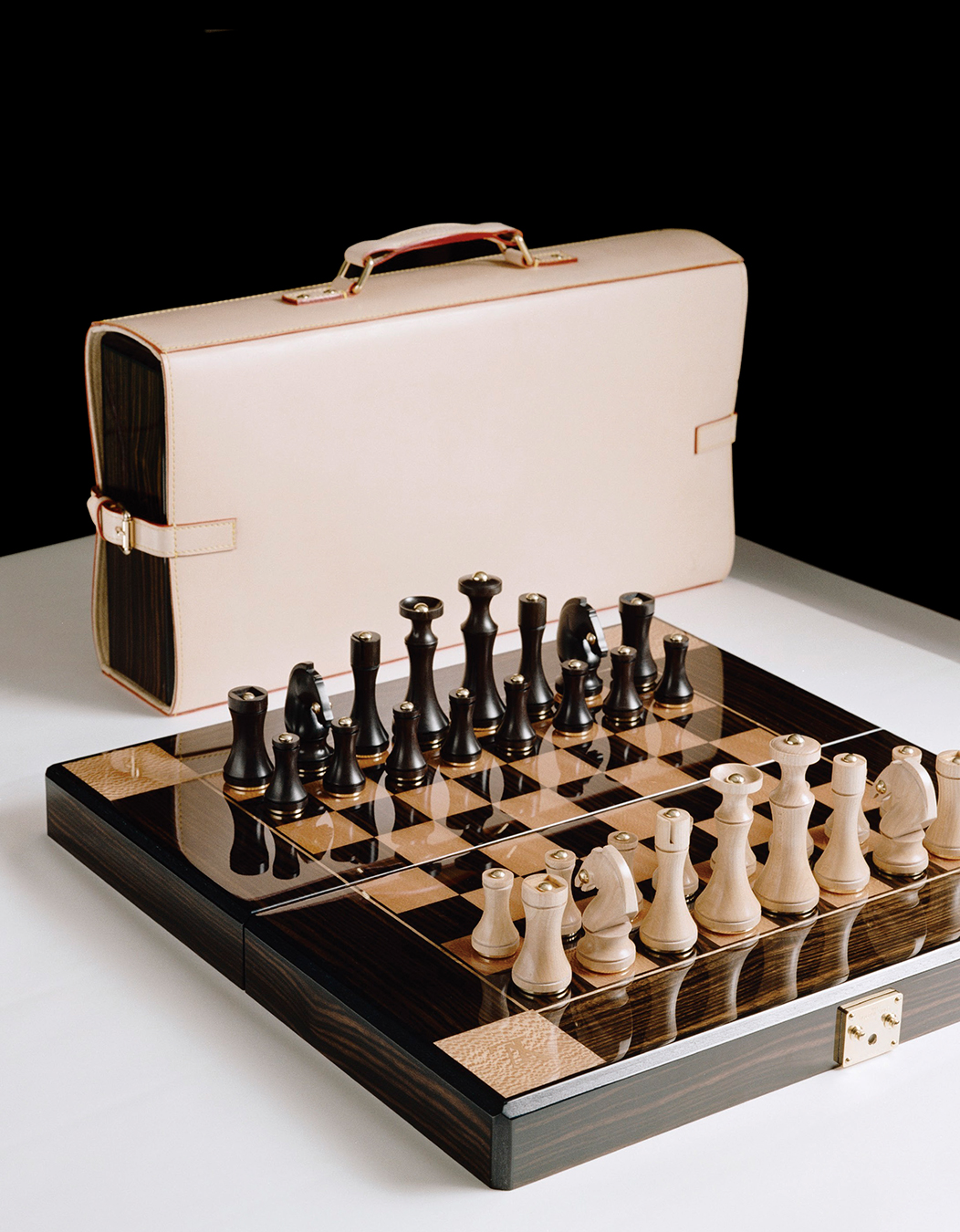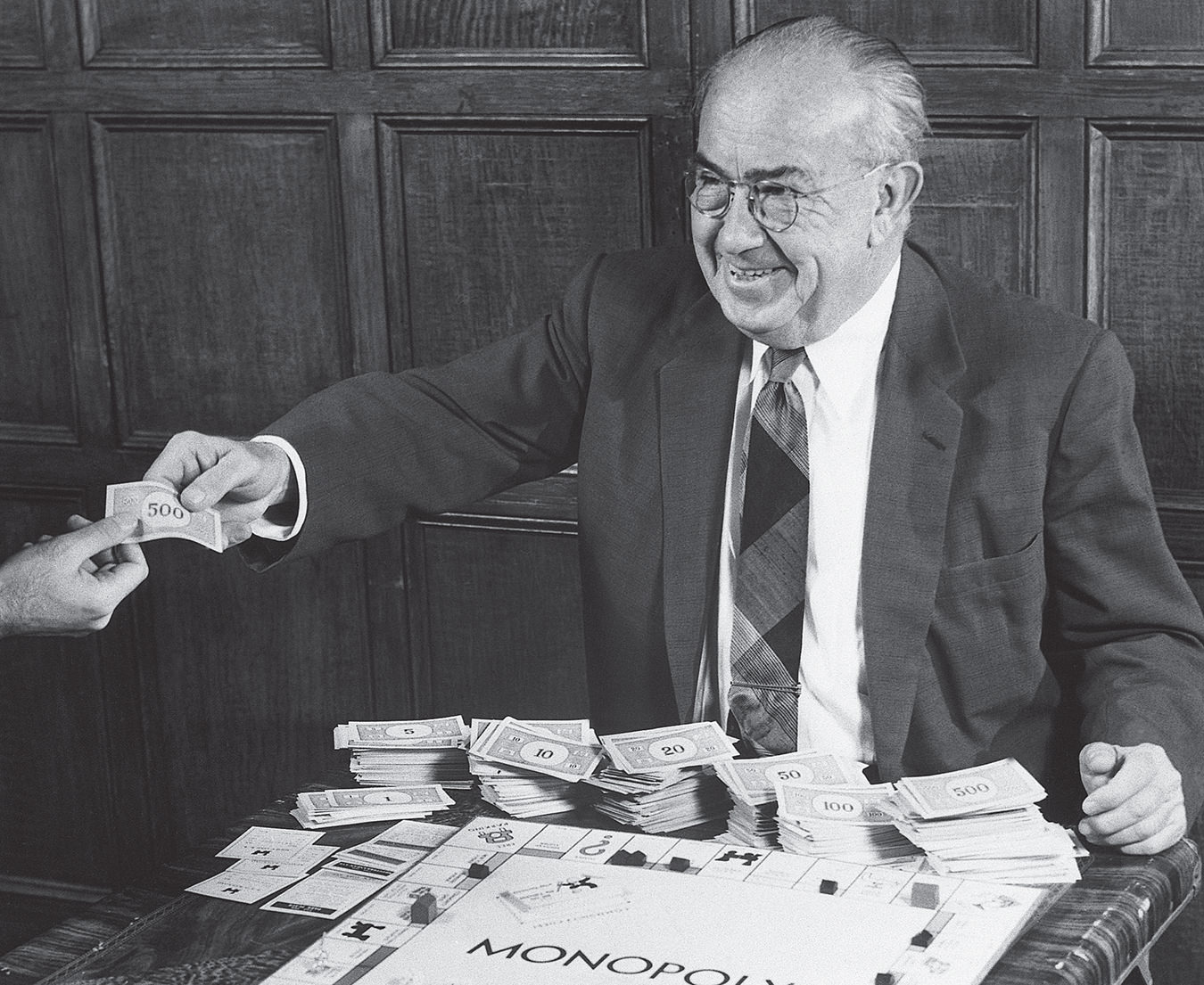Chess Champion Garry Kasparov
16 easy pieces.

Garry Kasparov darts suddenly from the back seat of a Washington cab and springs through the front door smiling with his hand outstretched. “I have no other appointments today so we can take as much time as you need,” he gallantly announces. Just then I realise I am not the only one who has been waiting for Kasparov. Word has apparently spread through the hotel staff that he is coming.
Kasparov takes off his cream coloured linen jacket and tosses it across the back of the sofa on which he’s perched. Then he smiles broadly, sits forward, elbows on his knees as if to say “Okay let’s get started!” Black hair cropped short and his dark facial features revealing the Armenian blood that courses his veins, he sips the first of several large cappucinos he will tackle this afternoon. Caffeine is one vice he will regularly indulge himself in. That and the occasional glass of vintage French red wine.
He is one of the greatest thinkers of the modern age, a man who has not only dominated chess in the last 20 years but who has singlehandedly popularised it through his ingenuity. At the age of 12 Kasparov won the Soviet Junior championship, then went on to win the world title in 1985 from fellow Russian Anatoli Karpov. The son of an Armenian mother and a Jewish father, who died when Garry was just seven, the match took on a life of its own, being billed as the proletariat versus establishment. Karpov was the favourite of the Communist party. Kasparov meanwhile was reportedly investigated by the KGB.
Ten years later his domination continued and he was pocketing as much as $1.5 million USD prize money for a single tournament. People saunter by and fix their attention on him though they might not instantly put a name to the face. He made international headline news last winter in New York when he played IBM’s computer Deep Junior, a machine that is able to analyse 50 billion moves in three minutes. Kasparov drew that match 3-3 and complained afterwards that the IBM programmers had access to his past matches and could analyse his mistakes while he was denied access to the computer’s printouts. Even today people who know little about chess know Kasparov as “the guy who played the machine”.
Kasparov is 40 now. The people who lie in wait, who studiously prepare to knock him from his mantle are, for the most part, in their 20s. Kasparov admits they can afford to concentrate totally on chess while he has a family and myriad business ventures such as his role as a spokesperson for a half dozen international corporations including two Canadian companies, Bellzberg and Hexacto.
His long time friend and business manager, Owen Williams, says that he can earn upwards of $40,000 USD depending on the amount of travel time required to bring him in. For all the distractions though it would be a grand mistake to think his chess dominance is over. “I am sure I have enough energy to win a few more matches,” he declares. “I could be around for a few matches, and by being around I mean I could be number one. To be number one, the top ranked player for 20 years, that’s an accomplishment. I am not sure if it makes a big difference for the history books, 18 or 20 years; all my records, I don’t think they can be matched. Also I still love playing chess. And, more importantly, I still love to study chess. As long as you are happy finding new moves, new ideas, you are in business. The moment you lose your passion you are going down.” Two years ago he suffered a rare defeat at the hands of Vladimir Kramnik. Nevertheless, the International Chess Federation (FIDE) with whom Kasparov has fought on philosophical grounds for years, continues to rank him number one.

“When you are the best player for years and you are winning all the tournaments you are losing your sense of danger. Something inside of you is shut down. You need some losses. You always need to lose to actually recover your ability to have a fresh look. And I think I played Kramnik in a very bad moment. I had won too much.”
Some speculated that personal troubles were at the root of Kasparov’s loss. At the time of the match he was locked in a battle with his ex-wife over visitation rights with his daughter Paulina. He has since remarried and has a son, now six, who lives with him in Moscow. The day after our meeting he was to fly to New Jersey to spend the weekend with Paulina. “My daughter is far away so I can see her only a few times. She is here but unfortunately my ex-wife has done everything to prevent her from visiting Moscow. I failed to convince the courts that she would be better off in Moscow in summer time than in a camp here,” he laments.
A further legal challenge is out of the question. He wants to spare Paulina the adverse publicity of a court case. He pauses, in a moment of reflection, but he is happy when Carlos re-appears with a specially concocted dessert for the occasion; a chess board and pieces made entirely of dark and white chocolate.
“You will have me go to the gym for two hours instead of one hour,” Kasparov laughs, delighted with the attention.
Then from beneath his arm Carlos produces three vinyl chess boards that he wants his hero to autograph. One is dedicated as a prize to the winner of the hotel chess league. While Kasparov is signing, another restaurant staff member approaches with a polaroid camera and snaps a couple of photos. Kasparov shows patience, which again is in contrast to the image he has been painted with. “His public persona is gruff and unfriendly,” Owen Williams says, “but he’s exactly the opposite of that. He’s a concerned human being, and very friendly.”
“Stop any chess player and they will have totally opposite views. Most have been thumped by him over the past 20 years when he is in his “attack mode”. I remember calling him one night and I said ‘what are you doing tonight?’ and he said ‘I am trying to think up something very unpleasant for my opponents.’”
Kasparov will teach his children to play chess but he is not a one dimensional figure by any means. And that is what has caused cynicism amongst the chess world. When his competitors see him playing simultaneous chess, taking on 15 or 20 players at the same time, as he did on the floor of the New York Stock Exchange last April, they think he is seeking self promotion and by doing so he is bringing the game into disrepute.
The fact remains however that more people followed his matches against Deep Blue in 1997, and the recent computer match, than any other era of chess. It is such showmanship that has found him seated in the guest chair opposite such television heavyweights as David Letterman, Larry King and Charlie Rose. The latter, he confides, he greatly respects for his intelligent questions. He sloughs off his detractors. “Criticism? If you are top for 18 years you did something wrong if you are not being criticised. It is a normal human reaction to be jealous. The problem is that they are incapable of offering an alternative,” he declares. “I have always had very little support if any from my colleagues.”
Though he doesn’t play on a daily basis he does study chess moves and reads. And he is a prolific writer contributing opinion editorial pieces to the Wall Street Journal and other leading newspapers. Kasparov has also authored a series of books on the history of chess entitled My Great Predecessors which is on sale in the U.K., U.S.A. and Russia. German, Spanish and Italian language versions are also planned.
He becomes quite animated when discussing his life’s work, and there is no mistaking his love of chess. That has led him to another project of importance currently exploding across the United States and Europe. “I have formed the Kasparov Chess Foundation; in this country we are spreading in different states and I hope in the foreseeable future I can prove to the general public the value of having chess in the educational system,” he announces proudly. “The Kasparov Chess Foundation will come up with a blue print that will be widely used in America and worldwide. So many thousands of schools in this country are adopting chess in their programs one way or another. What is needed is one centralised effort to make sure the school chess program in the schools will reap most of the benefits.”
“Your son plays chess?” he confirms, before staring at the board I have produced, for a few moments in deep concentration. Finally he takes the magic marker and writes “To Conor, Good Luck in your chess, Kasparov 27.06.03 Washington.” And with that gracious act he smiles, rises from the table, and departs as quickly as he arrived.


